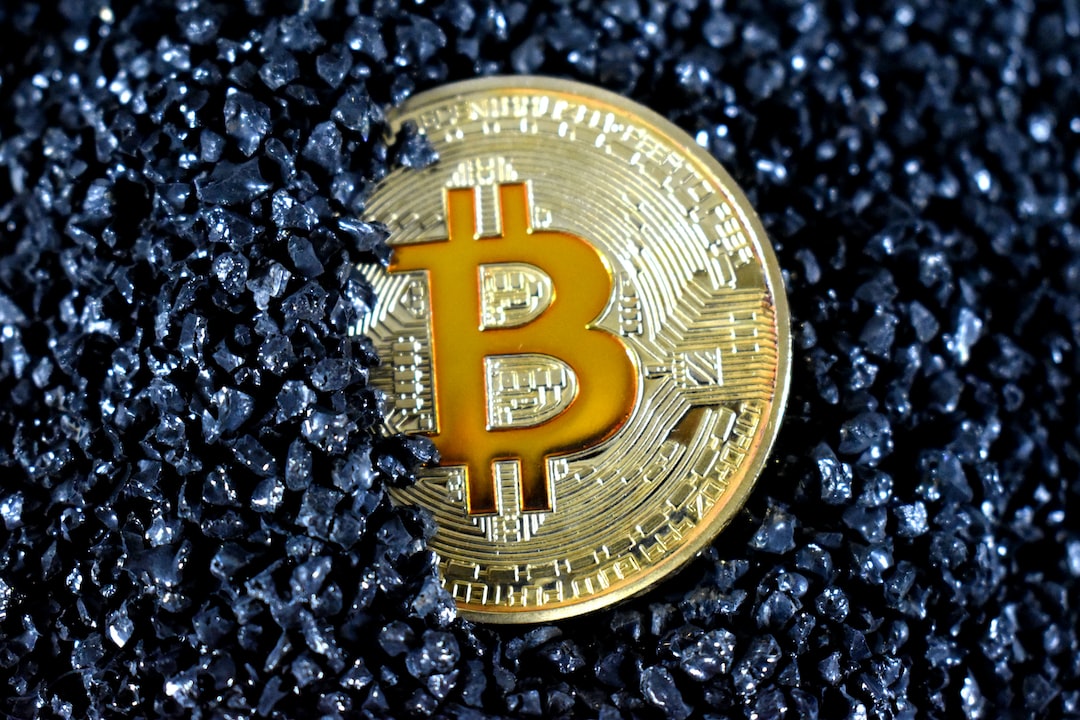InQubeta raises over $1.9M in presale
InQubeta’s presale has attracted institutional crypto investors and raised over $1.9 million. The project aims to support AI startups by providing a practical solution for investing in AI. The inevitability of the AI revolution has sparked interest among investors, as investments in AI have grown from $12 billion in 2015 to $120 billion in 2022. InQubeta can distribute an additional $1.5 trillion in funds to AI startups, simplifying the process for investors. Investors can acquire a part of AI startups through equity-based NFTs on the marketplace, using QUBE, InQubeta’s native token.
Worldcoin’s launch raises privacy concerns
Worldcoin’s recent launch has raised privacy concerns among regulators in the U.K., France, Germany, and Spain. The founder of Worldcoin, Sam Altman, aims to create a market for verifying “humanness” online by scanning users’ eyes and rewarding them with WLD, its native token. However, some regulators argue that this level of identity verification may not be necessary, while others recommend carrying out data protection assessments and seeking guidance to minimize risks. Worldcoin’s prices are stagnant, and it is unlikely to change even with more people being scanned.
About InQubeta
InQubeta offers a practical solution for investing in AI by supporting startups needing funding. The project has attracted institutional support and aims to simplify how investors put their money into AI companies. By purchasing equity-based NFTs on the marketplace using QUBE, investors can acquire a part of AI startups and potentially benefit from their growth. InQubeta’s presale participants are optimistic about potential gains even after the platform launches, and it is predicted that prices will likely rally once the presale is over and QUBE is listed on various exchanges.
A new way to invest in AI
- Investors can acquire a part of AI startups through equity-based NFTs on InQubeta’s marketplace
- All transactions on the network are done using QUBE, InQubeta’s native token
- Investors receive NFTs after sales, which they can hold or sell at their discretion
- NFTs may provide additional benefits, such as discounts on created items
- InQubeta investors can earn rewards by staking QUBE and participate in platform governance
Worldcoin’s eye-scanning proposal
- Worldcoin aims to verify humanness online through eye-scanning technology
- The proposal has raised privacy concerns among regulators in the U.K., France, Germany, and Spain
- Some argue that this level of identity verification may not be necessary
- Data protection assessments and guidance are recommended to minimize risks
- Worldcoin’s prices are stagnant and unlikely to change, regardless of the number of people scanned
Hot Take: The Future of Investing in AI
InQubeta’s presale success highlights the growing interest in investing in AI startups. This innovative platform provides a practical solution for investors, allowing them to become co-owners of AI companies and potentially profit from their growth. On the other hand, Worldcoin’s eye-scanning proposal faces privacy concerns and skepticism. While the verification technology may have its merits, it is essential to address privacy issues and comply with regulations. Overall, the development of these projects demonstrates the increasing convergence of technology and finance in the crypto world.





 By
By
 By
By
 By
By
 By
By
 By
By
 By
By